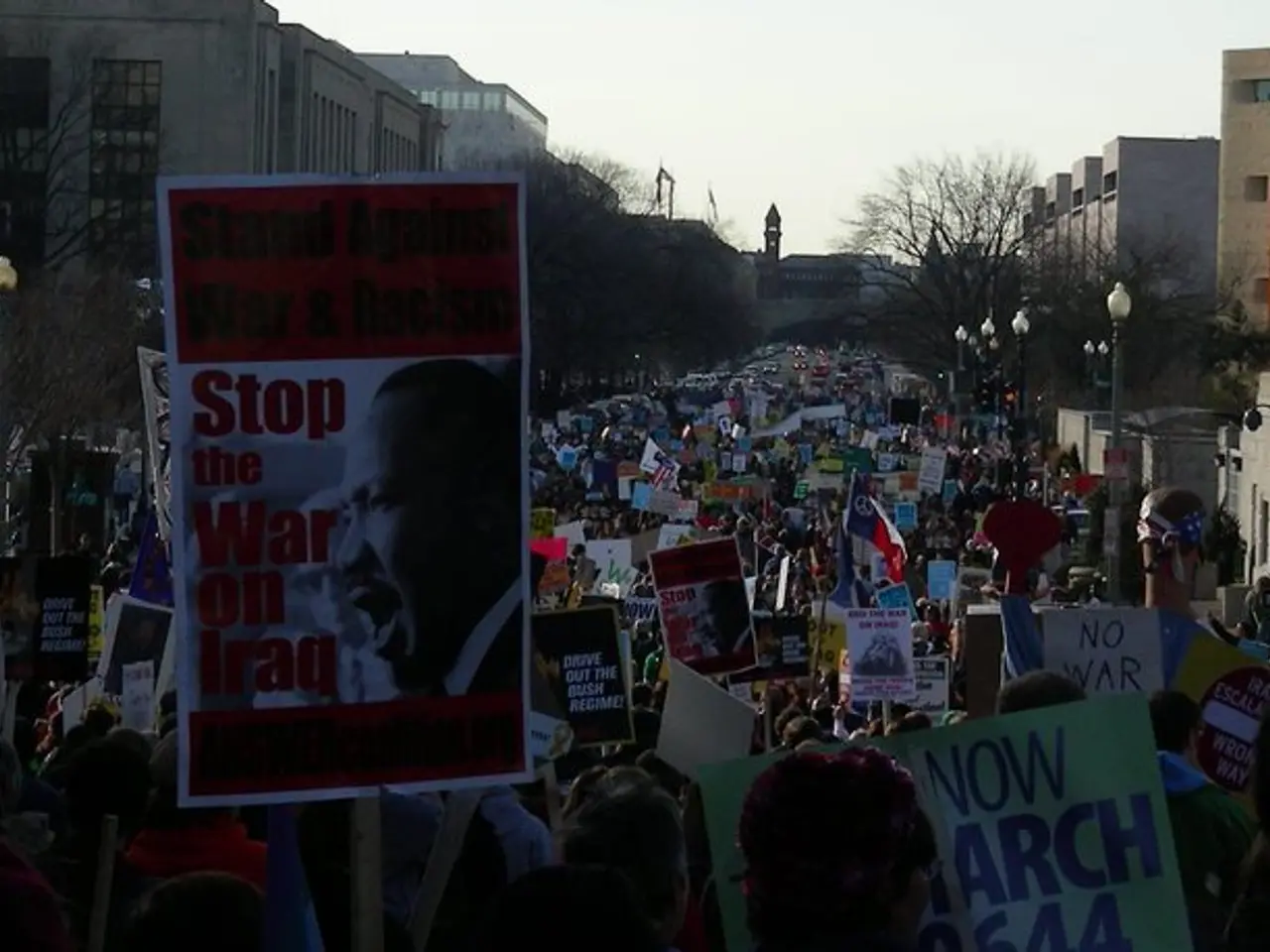Flat-rate allowance exemption for members: No requirement for evidence of allowance submission
In a move that has sparked debate, the Bundestag, Germany's federal parliament, has approved an automatic annual increase in the tax-free allowance for its members. This allowance, stipulated by Paragraph 12 of the Members of Parliament Act, is intended to simplify administrative procedures and cover a broad range of parliamentary work expenses.
The allowance, worth around 64,000 euros per year, is tax-free and does not require proof of expenses. Members of parliament can freely decide how to use this allowance, with common uses including office costs, communication, travel within Germany, and constituency activities.
However, the lack of proof requirements has raised concerns. AfD member Carolin Bachmann, for instance, finances two constituency offices and a mobile citizens' office with the allowance but has reservations about the lack of proof requirement. The Federation of Taxpayers, an advocacy group, has criticized the allowance, arguing that it is unfair for taxpayers to bear the full cost and has demanded its abolition.
The co-faction leader of the Left Party in the Bundestag, Sören Pellmann, has sought to address transparency concerns by transparently listing how the allowance is used, primarily for costs related to constituency offices. CDU member Nora Seitz, on the other hand, uses the allowance to cover expenses related to her work, including rent, travel costs, and office expenses.
Despite the controversy, members of parliament from CDU and SPD are defending the allowance increase. They argue that the justification for the allowance is that each member should be able to freely exercise their mandate.
The debate over this allowance is part of a broader discussion in Germany about political accountability, fiscal responsibility, and perceptions of privilege among elected officials. Some call for reform, pushing for tighter controls, more transparency, or replacement of flat allowances with reimbursement systems based strictly on documented expenses.
The annual increase in members' allowances has been a point of contention, with the Federation of Taxpayers arguing that it is unfair compared to ordinary employees. The allowance is adjusted annually on January 1st.
As the debate continues, it remains to be seen how this policy will evolve and whether reforms will be implemented to address public concerns about transparency and accountability.
The annual increase in members' tax-free allowance, adjusted on January 1st, has sparked debate within policy-and-legislation and politics, particularly concerning transparency and accountability. Critics, such as the Federation of Taxpayers, argue that the allowance, which can be worth around 64,000 euros per year and is not tied to documented expenses, is unfair compared to ordinary employees.








